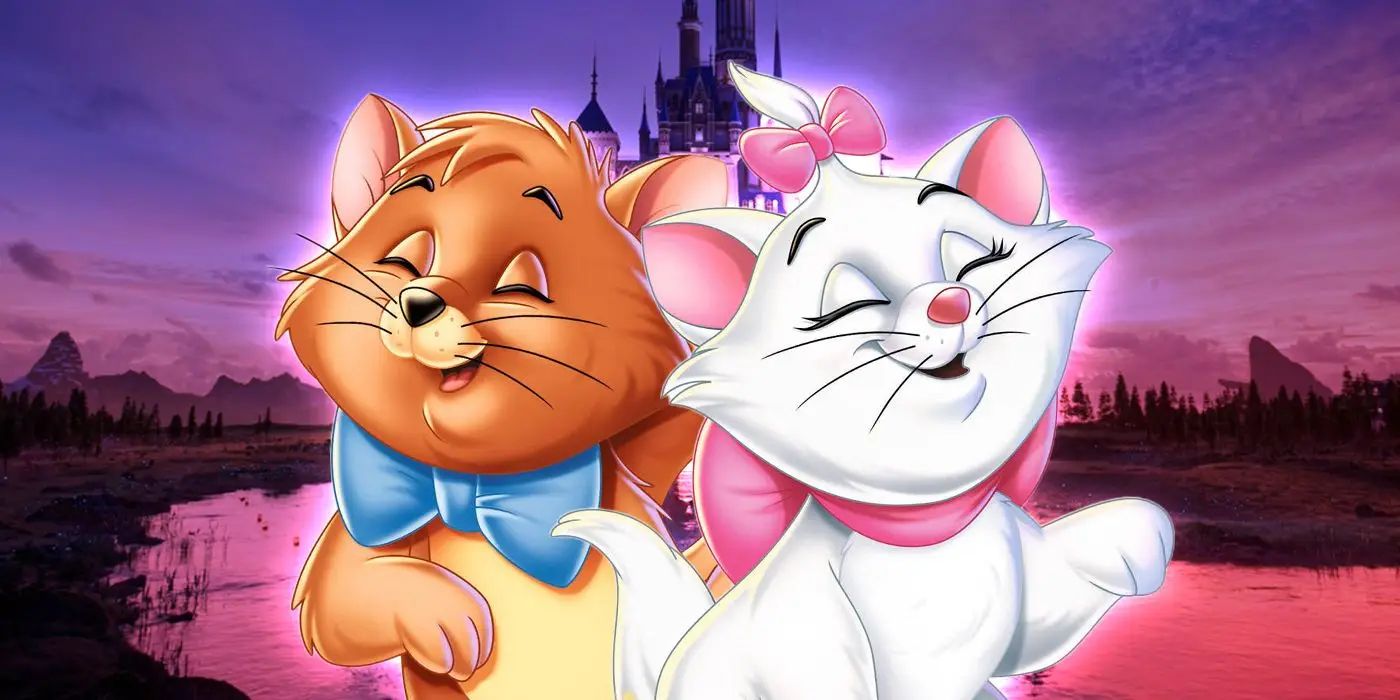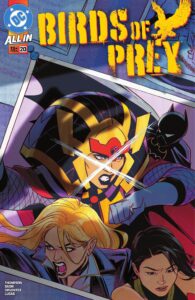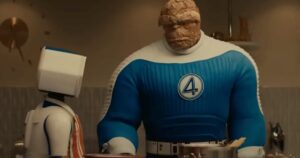Dissecting the Complex Legacy of Disney’s The Aristocats
By August Tales
The remarkable journey of Disney’s animated classic, The Aristocats. Released in 1970, the film has since weathered diverse reactions due to its controversial racial portrayals. Recently, Disney had to include a warning on its streaming platform, Disney+, flagging the potential harm of the movie’s content.
Still, The Aristocats retains an inherent charm, making it a financial success amid what is known as Disney’s Dark Age, following Walt Disney’s death in 1966.
Rise from The Ashes: Early Development of The Aristocats
Disney began developing The Aristocats as early as 1961. Compellingly, in his book, “Walt’s Boys,” Harry Tytle, who later served as Disney’s production coordinator, credits Walt Disney for suggesting an animal-focused storyline for Walt’s Wonderful World of Color TV show.
Tytle chose a story about a mother cat and her kittens, inspired by a children’s book. He decided to shift the setting to Paris, drawing from the impact of London’s location in One Hundred and One Dalmatians.
However, the studio initially rejected the submitted script in 1962. Walt’s death in 1966 upended the process, transforming a minor subplot into the main story. Following Walt’s passing, doubts arose about the film’s continuation. Yet, Disney released the film in December 1970.
Iconic Talent Behind The Aristocats
Disney heavily relied on its talent pool, both old and new, for The Aristocats. Familiar voices included Phil Harris, who returned as Thomas O’Malley, and Eva Gabor, who animated Duchess’ character.
Sterling Holloway, who voiced Kaa in The Jungle Book and Winnie the Pooh in the 1966 short, contributed the voice of Roquefort, the house mouse. Scatman Crothers played Scat Cat after health issues forced Louis Armstrong to step back. Hermione Baddeley from The Happiest Millionaire (1967) was also on the roster as Madame Boufamille.
The film’s score stands out, with the sibling duo Robert and Richard Sherman delivering memorable songs, including the title track sung by Maurice Chevalier. The iconic “Ev’rybody Wants to Be a Cat,” notorious for its racial depiction, was the work of Floyd Huddleston and Al Rinker.
The Aristocats’ Massive Success Despite Challenges
Interestingly, The Aristocats turned out to be an immense success despite the challenges. It grossed over $10.2 million in America and Canada and became tremendously popular overseas.
The film occupies a unique cultural space in Germany and France’s cinema history. Its re-release in the 1980s garnered additional revenue, further attesting to its commercial appeal, unaffected by an axed sequel plan in the early 2000s.
In contrast to other films of the Disney Dark Ages, which struggled financially, The Aristocats stood as a beacon of success. Viewers globally continue to appreciate the film despite its questionable depictions, cherishing the pervasive charm that stitches itself into the fabric of the story. While people acknowledge its flaws, they still connect with it cross-culturally, proving that art, in all its complexity, continues to influence our perception of the world.
Read this article and more at August Tales Comics. Your go-to site for trade paperback exchanges and comic book news! Trade. Read. Repeat.
#comics #comicbooks #graphicnovel #graphicnovels #augusttales
Image credit: www.cbr.com







